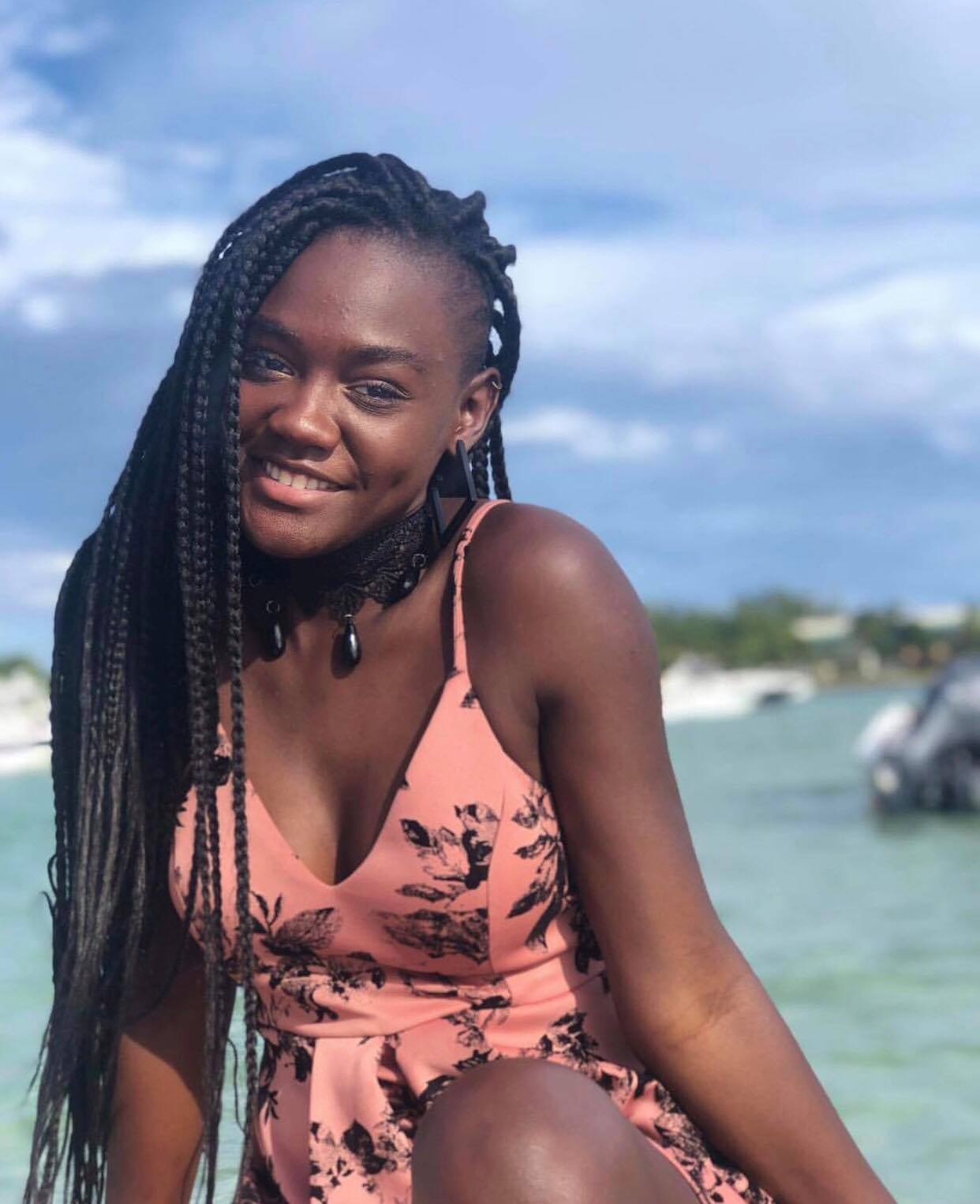Radia Mbengue in That’s What [We] Said: “The Black Woman’s Body, Disability, and Reproductive Futurism in *Kindred*”

Conflict Resolution student Radia Mbengue in That’s What [We] Said on the bio-politics of race and the impact on black women’s bodies in Octavia Bulter’s Kindred.
This first edition [of the journal]is titled Body/Politics. Each written submission is from an editor and reflects a different commentary on the body and or/politic(s). “Body politics” refers to both the systemic regulation of bodies, the uneven decision making by those with power sustained through culture (Griffin); as well as “politic,” a political collective (OED, “body politic”).
This edition kicks off with Stephanie Awotwi-Pratt’s collection of poetry, followed by our featured artists: Moozhan Ahmadzadegan and Ari Sparks. The article section starts off with a critique of dress codes by Claire Feasby. Kenya Gutteridge then undertakes a close reading of Mad Max: Fury Road. Allison Brown analyzes constructions of the body politic and suggests how it can be rethought. Radia Mbengue follows with an article on reproductive exploitation and the black woman’s body. Wrapping up this edition is Tayana Simpson’s article on the body as a site of struggle in politics.